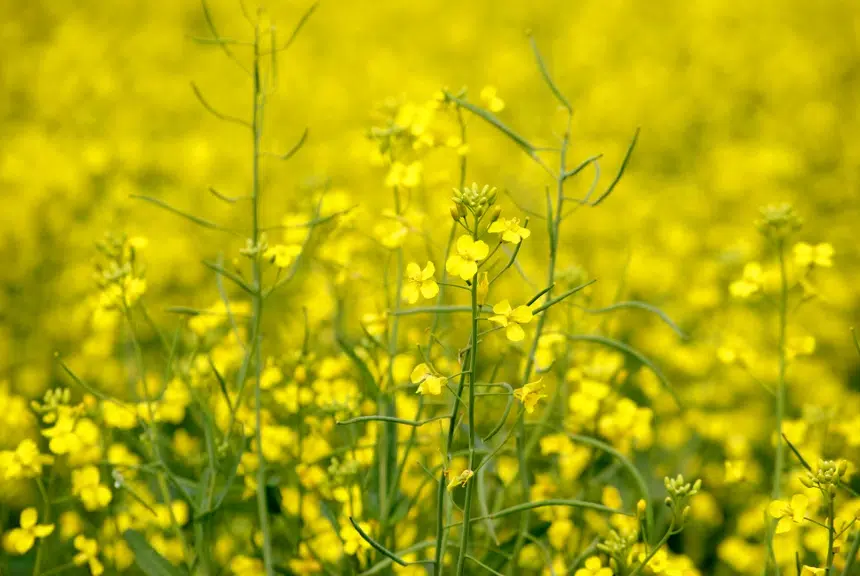It’s no secret that agriculture represents a sizable portion of Saskatchewan’s economy.
According to a report by Economic Development Regina (EDR), Saskatchewan producers are expected to invest more than $11 billion in spring seeding in 2023.
“We all know that farming is so important to our livelihood and what Saskatchewan is really about, but when you start to really crunch the numbers and put a value on it and then compare it to other major capital projects, it does become eye-popping,” said Chris Lane with EDR.
“I think it really only underscores the importance of the industry to Saskatchewan and to the people who live here.”
Lane said EDR reached the $11-billion figure by drawing from data from the provincial government, Stats Canada and its own research.
“We really tried to figure out once you count the cost of all your crop inputs, all of the fuel expended to put the crop in, and then a couple other economic factors, really what is the total investment that goes into spring seeding and it comes out at $11 billion across the province,” he said.
“I think it’s important to remember that that’s only the start of the agricultural cycle. We haven’t talked about growing the crops through the season and then taking it off and selling it and processing it.”
Lane said the $11 billion for seeding only represents the first of four or five steps within the agricultural cycle.
According to the report, three key crops grown in the province — spring wheat, canola and lentils — contributed $3.3 billion, $5 billion and $922 million respectively to the total figure of $11 billion excluding labour and management costs.
The report also said agriculture has a significant economic impact on Regina.
“So much of our economy is built around servicing agriculture especially in Regina,” Lane said. “You look at equipment sales and manufacturing, you look at the financing and insurance industry around agriculture, you look at the processing facilities here and then grain handling and trading.
“You don’t have to look very far. If you are not (directly impacted by agriculture in Regina), then you probably know someone who is.”
— With files from 650 CKOM’s Gerald Bauman











